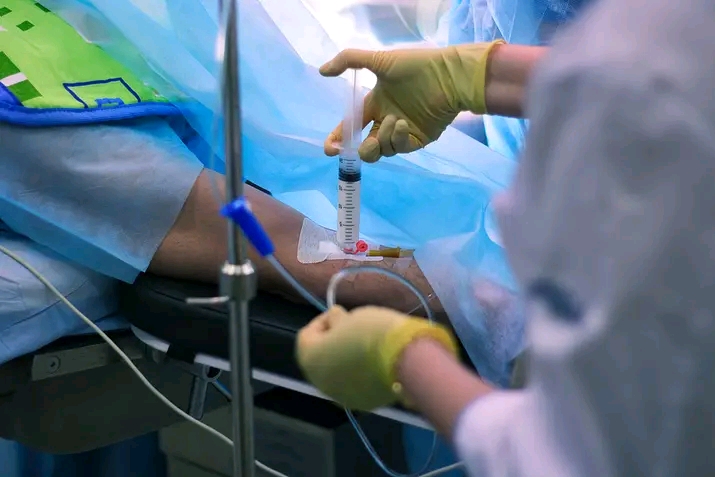SHOCKING: US Surgeons Transplant Pig Kidney Into Living Patient In World First Attempt
A groundbreaking operation was recently carried out by a team of surgeons in the United States, marking a significant milestone in medical history. For the first time, a living patient received a kidney transplant from a genetically modified pig.
This pioneering procedure took place at Massachusetts General Hospital (MGH) and involved a four-hour surgery on a 62-year-old man, Richard Slayman, who was battling end-stage kidney disease.
The importance of this procedure extends beyond a single operation; it represents a hopeful solution to the global challenge of organ shortages. With more than 1,400 patients awaiting a kidney transplant at MGH alone, the successful integration of genetically modified pig kidneys into human patients could revolutionize organ transplantation, offering new hope to millions suffering worldwide.
Dr. Tatsuo Kawai, a key member of the surgical team, emphasized the potential of this transplant approach to serve as a lifeline for patients afflicted with kidney failure. The genetic modifications made to the pig kidney—removing harmful pig genes and incorporating specific human ones—were crucial in adapting the organ for human transplantation.
Richard Slayman’s decision to undergo this novel transplant was driven not only by his personal health struggles but also by a desire to pave the way for others in dire need of a transplant. Diagnosed with Type 2 diabetes and hypertension, Slayman had previously received a human kidney transplant in 2018, which began to fail five years later, necessitating dialysis.
The success of this transplant could have profound implications, particularly for ethnic minorities who disproportionately suffer from high rates of kidney disease. Addressing this health disparity, Dr. Winfred Williams, Slayman’s nephrologist, highlighted the potential for technological advancements in organ transplantation to finally achieve health equity by providing a viable solution to kidney failure for all patients in need.
